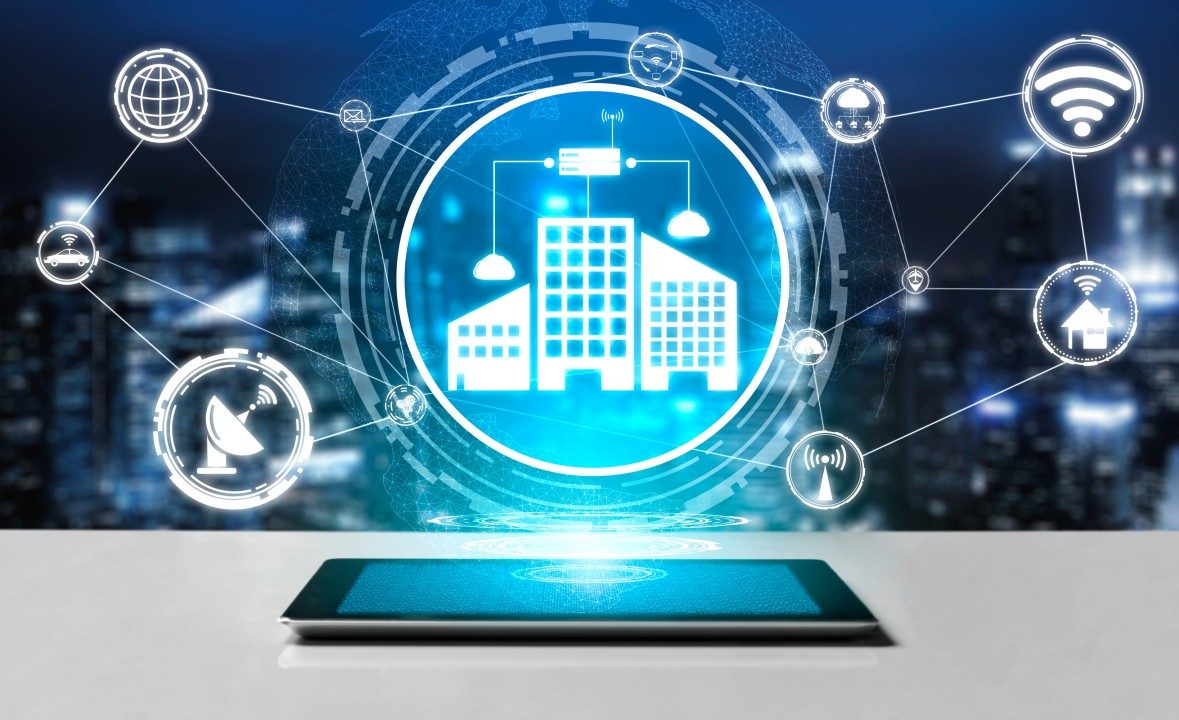Integrated Facility Management is a holistic and a modern approach to facilities with the involvement of technology, people and resources. It is a strategic and comprehensive approach of managing facilities which include maintenance, cleaning, security, and energy among other essential functions. IFM is designed to streamline operations whilst reducing cost and improving overall experience. In recent years, technological advances have transformed the way facility managers operate, providing new tools and strategies for optimizing building performance and enhancing user experience.
One of the significant roles technology plays in the IFM industry is the use of smart building technologies which refers to IoT sensors that help control various systems in a building. These systems may include lightning, HVAC, security, access control among many. The data that is collected with the use of Iot technology and can be analysed in real time that leads to identification and implementation of corrective measure quickly resulting in efficiency.
During the pandemic technology’s involvement in IFM played a vital role in a no physical contact maintenance with the use of remote facilities which involves managers to monitor and control various systems within a facility from a single dashboard, regardless of their location. This facility could be accessed from anywhere and is prevalent in the post pandemic period and has helped in reducing time and effort.
With the advancement of technology and upcoming technologies like AI has helped in analyzing large amounts of data. It also provides insights and recommendation and is highly used in fields like IFM. AI helps in predicting equipment failures, optimizing energy consumption to reduce carbon footprint and improve user comfort. AI can also be used to automate routine tasks, such as scheduling maintenance or adjusting lighting, freeing up facility managers to focus on more complex tasks.
Technology’s involvement in the IFM industry has proved to be beneficial in many ways –
- Increased efficiency
Technology can help automate routine tasks and help reducing workload and improve efficiency, automated response can also help in reducing manmade errors and improve quality of work.
2. Cost savings
Technology reduces energy consumption, optimized maintenance schedules and helps prevent equipment failures which in turn reduces costs.
3. Improved user experience
With the use of technology facility managers can get a real time data allowing them to adjust settings as per customers comfort leading to higher user satisfaction and retention.
4. Predictive Maintenance
Technology can predict equipment failures before they occur which allows facility managers to schedule maintenance and proactively prevent downtime, reducing cost and improving building performance.
5. Safety Enhancement
Technology helps in providing real – time monitoring of equipment, helps in detecting hazards ad provides alerts to employees which in turn provides feedback and prevents feedbacks.
6. Increase in transparency
With the use of digital platform like HVAC, helps in providing real time data on building performance. This data helps in optimizing operations, identify areas for improvement, and provides clients with a better understanding of their facility’s performance.
In conclusion, the usage of technology in the IFM industry has transformed the industry and has provided new tools and solutions for managing and improving user experiences. The adoption of building automation system, Iot device, AI has been providing with significant benefits in term of efficiency, cost, saving and user satisfaction. Facility managers have embraced these technologies and are well equipped to managing complex facilities and delivering exceptional user experience.



